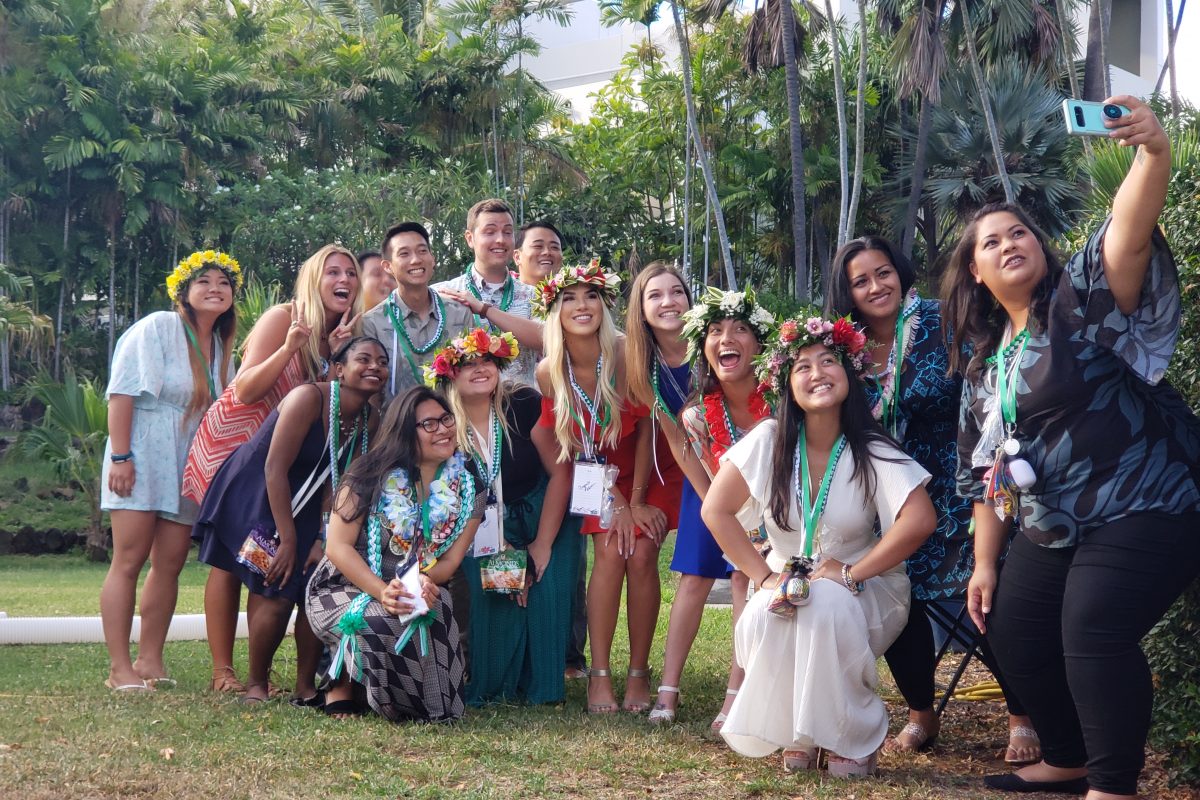Exceptional Students & Elementary Education
BEd, Exceptional Students & Elementary Education
Typical Length 2 years
Delivery Campus-Based
Nationally Accredited
Licensure
Stipends Available
The Exceptional Students & Elementary Education (ESEE) program is one of a small number of truly merged elementary and special education programs in the nation. This cohorted program allows candidates to earn their bachelor’s degree along with two teaching licenses at the elementary level and is offered as the final two years of the bachelor’s degree in education. This emphasis prepares teachers for students with and without disabilities in kindergarten through 6th grade (K-6) general, inclusive, or special education settings.
This innovative ESEE program incorporates the principles of Culturally Responsive Teaching, Co-Teaching, Universal Design for Learning (UDL), Response to Intervention (RtI), Instructional Technology, High Leverage Practices (HLPs), and Data-Based Decision Making into every aspect of the curriculum. The ESEE program has been ranked nationally in the top 25 best special education degrees by College Choice!
Learn about what makes the ESEE program unique from the perspectives of students, faculty, and our Hawai‘i school partners!



